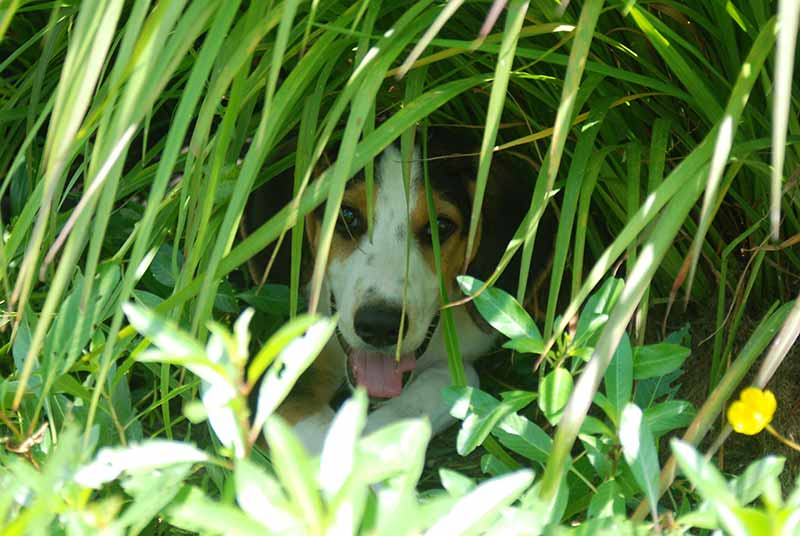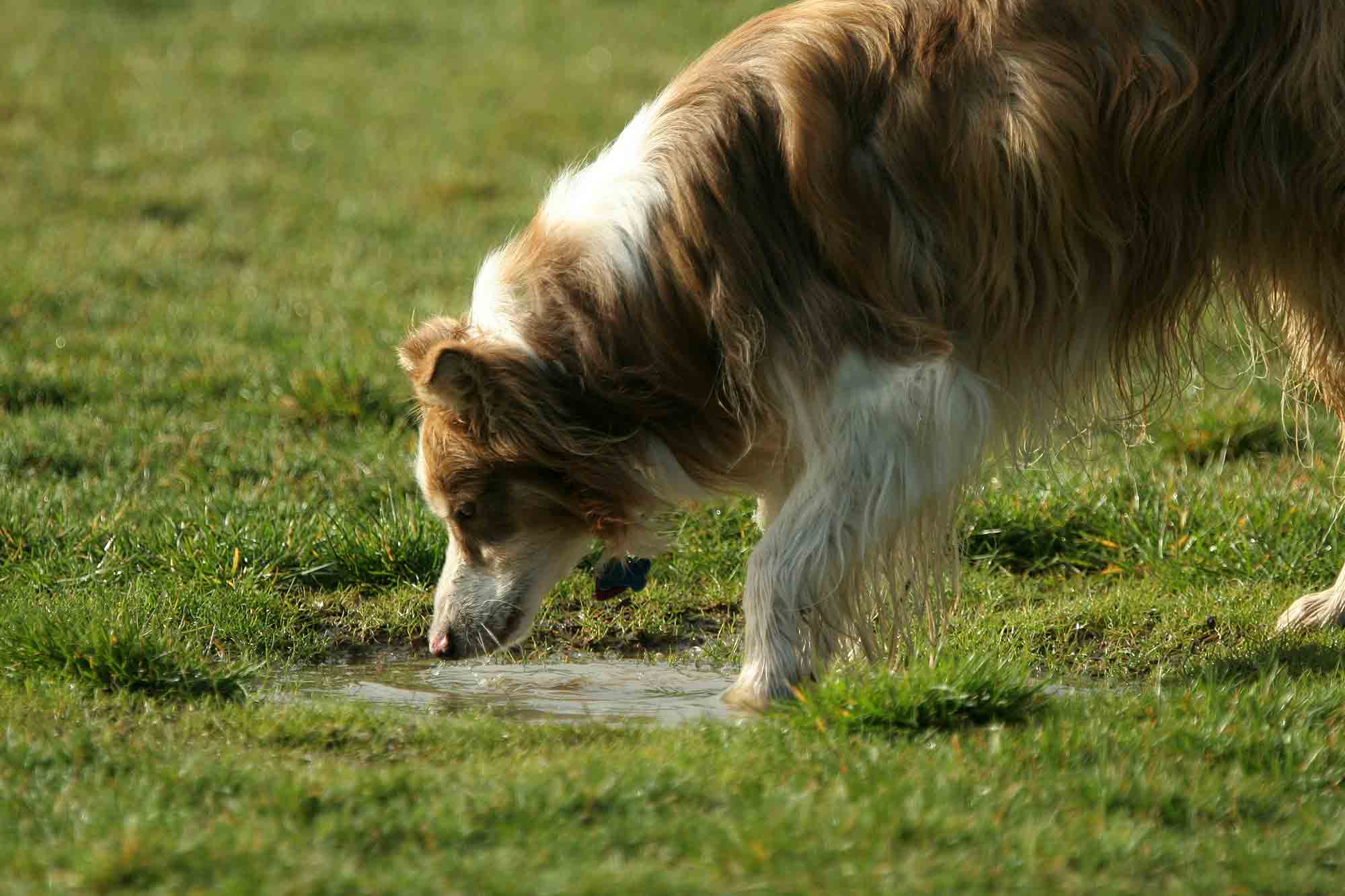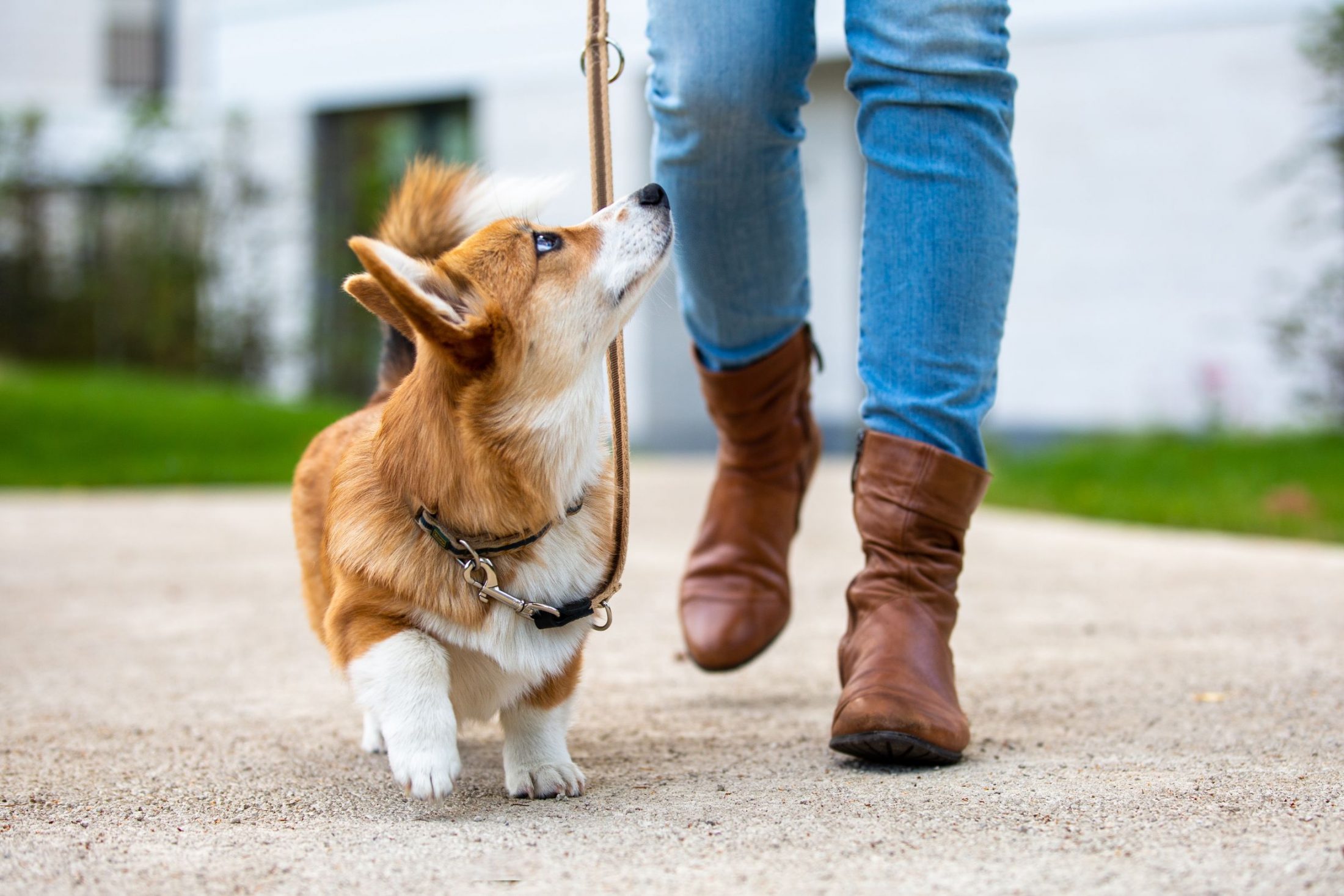Make Tick Prevention a Priority!
 Tick populations are on the rise in Ontario and across Canada. With this increase comes the very real threat of tick-borne illnesses in both people and pets. While getting outside and enjoying summer is an important part of life, protecting yourself and your pet should be a priority at all times. Let the team at Summeridge Animal Clinic recommend some effective tick prevention strategies to keep you and your pet safe.
Tick populations are on the rise in Ontario and across Canada. With this increase comes the very real threat of tick-borne illnesses in both people and pets. While getting outside and enjoying summer is an important part of life, protecting yourself and your pet should be a priority at all times. Let the team at Summeridge Animal Clinic recommend some effective tick prevention strategies to keep you and your pet safe.
Tiny Bodies, Huge Dangers
Spread by the black-legged deer tick, Lyme disease is the most common tick-borne illness that affects people and pets in Canada. Rocky Mountain spotted fever and babesiosis are examples of other zoonotic diseases (can be transmitted between humans and animals) that are carried by ticks. Continue…

 Camping? Yes. Hiking? Absolutely! Relaxing lakeside? You bet! For those of us dog-owning nature-lovers, there’s no better time of year than summer. With warm temps and sunny days, nothing sounds better than getting out on the trail or camping in the woods.
Camping? Yes. Hiking? Absolutely! Relaxing lakeside? You bet! For those of us dog-owning nature-lovers, there’s no better time of year than summer. With warm temps and sunny days, nothing sounds better than getting out on the trail or camping in the woods. Leptospirosis in dogs started to receive attention in the 1980s, but in the decades since, this potentially serious zoonotic disease (and a leading cause of acute renal failure) has become a looming reason to fear the great outdoors. However, even dogs who aren’t fishing or hunting companions can contract it. As a result, preventing leptospirosis in dogs is a serious endeavor, and it’s one we give top priority to this time of the year.
Leptospirosis in dogs started to receive attention in the 1980s, but in the decades since, this potentially serious zoonotic disease (and a leading cause of acute renal failure) has become a looming reason to fear the great outdoors. However, even dogs who aren’t fishing or hunting companions can contract it. As a result, preventing leptospirosis in dogs is a serious endeavor, and it’s one we give top priority to this time of the year.

